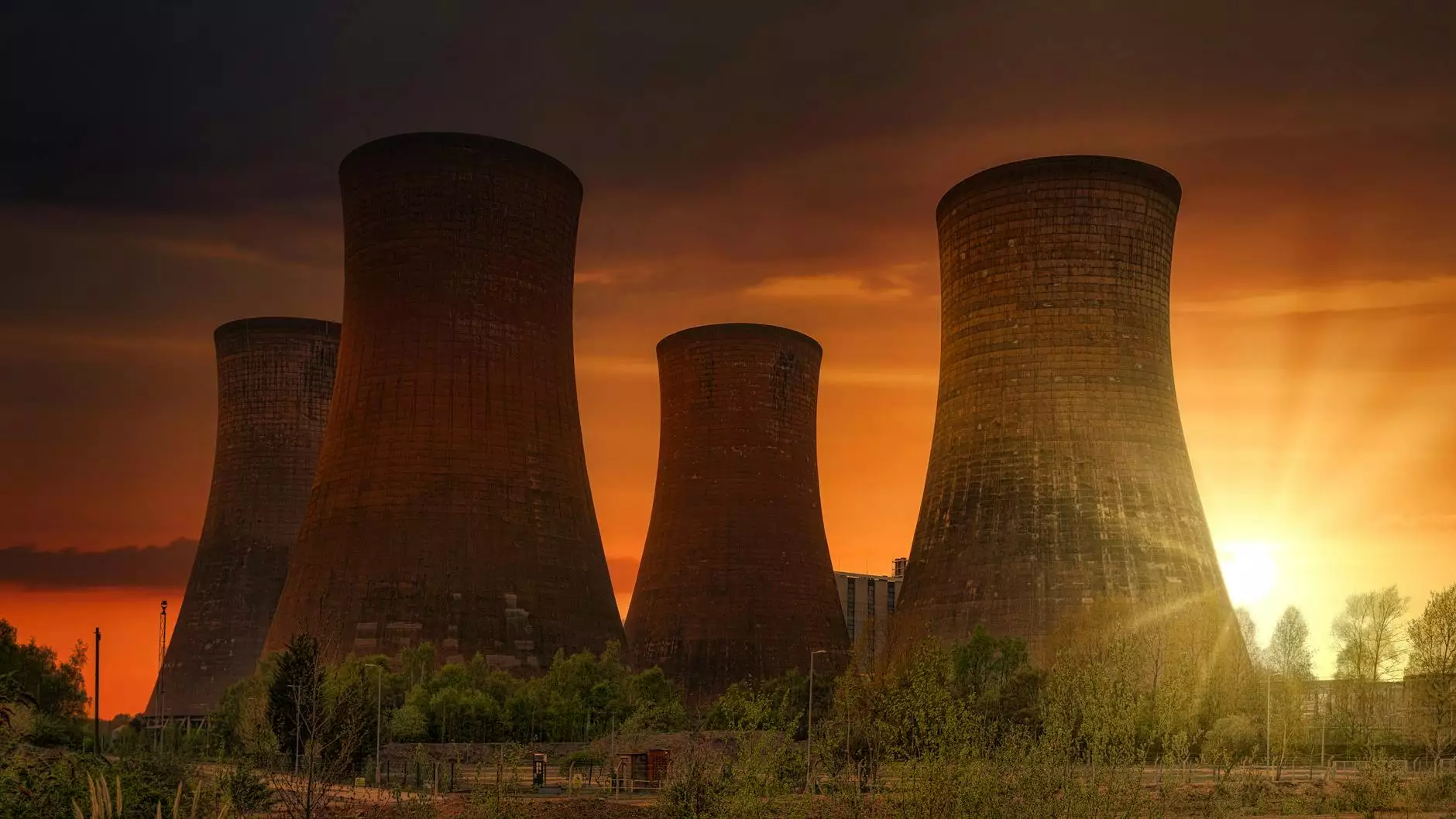The Pros and Cons of Nuclear Energy for Businesses

In today's fast-paced world, businesses are constantly seeking efficient and sustainable sources of energy to power their operations. One such source that often sparks debates and discussions is nuclear energy. Let's delve into the various pros and cons associated with nuclear energy and how it can impact businesses.
Pros of Nuclear Energy
Nuclear energy has been hailed for its numerous advantages, making it an attractive choice for many businesses:
1. Low Greenhouse Gas Emissions
One of the primary benefits of nuclear energy is its low greenhouse gas emissions compared to fossil fuels. This makes it a more environmentally friendly option, helping businesses reduce their carbon footprint and contribute to a cleaner planet.
2. Energy Security and Reliability
Nuclear power plants provide a stable and reliable source of energy, offering businesses a consistent power supply. This can be crucial in ensuring uninterrupted operations and minimizing disruptions due to power outages.
3. Cost-Effective in the Long Run
While the initial setup costs of nuclear power plants are high, the operational costs are relatively low. Once established, nuclear energy can be a cost-effective option for businesses in the long run, especially when compared to fluctuating fossil fuel prices.
4. High Energy Density
Nuclear energy has a high energy density, meaning that a small amount of nuclear fuel can generate a significant amount of electricity. This compact energy production can be advantageous for businesses that have limited space for energy infrastructure.
5. Technological Advancements
Continuous advancements in nuclear technology have made reactors safer and more efficient over the years. Businesses can benefit from these innovations, ensuring a better and more secure energy source for their operations.
Cons of Nuclear Energy
However, alongside its benefits, nuclear energy also comes with several challenges that businesses need to consider:
1. Radioactive Waste Disposal
One of the major concerns associated with nuclear energy is the management and disposal of radioactive waste. Businesses must adhere to strict regulations and protocols to handle and store nuclear waste safely, which can be a costly and complex process.
2. Potential for Accidents
While nuclear power plants are designed with safety measures in place, the risk of accidents, such as meltdowns or leaks, cannot be completely eliminated. Businesses operating nuclear facilities must invest in stringent safety practices to mitigate these risks.
3. High Initial Costs
Building and commissioning a nuclear power plant involve significant upfront costs, including construction, licensing, and regulatory expenses. This financial investment can be daunting for businesses, especially smaller enterprises.
4. Public Perception and Opposition
Nuclear energy often faces opposition from the public due to safety concerns and the association with catastrophic incidents in the past. Businesses considering nuclear power must navigate public perception and potential resistance from local communities.
5. Limited Fuel Reserves
Despite being a low-carbon energy source, nuclear energy relies on finite uranium reserves for fuel. Businesses need to consider the long-term sustainability and availability of uranium resources for their ongoing energy needs.
Conclusion
In conclusion, nuclear energy offers both advantages and challenges for businesses looking to power their operations sustainably. By weighing the pros and cons carefully and implementing robust safety measures and regulatory compliance, businesses can harness the benefits of nuclear energy while mitigating potential risks.
For more insights on how nuclear energy can impact your business, visitOur Power.
pros and cons of nuclear energy


